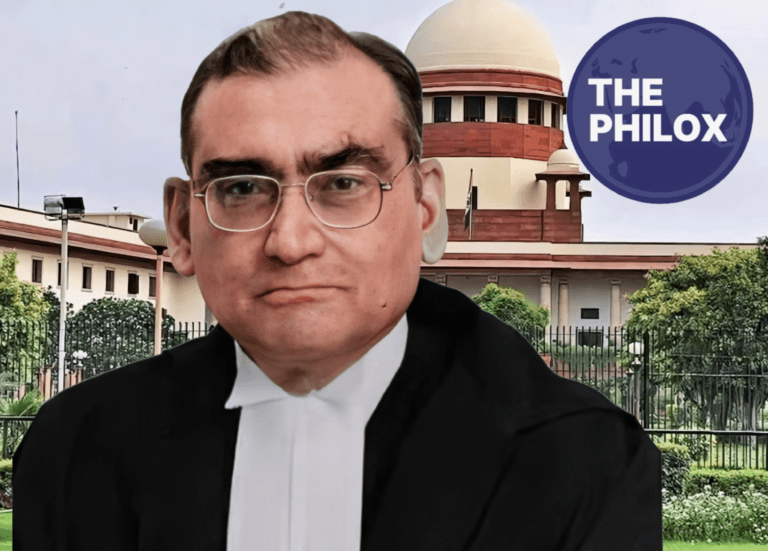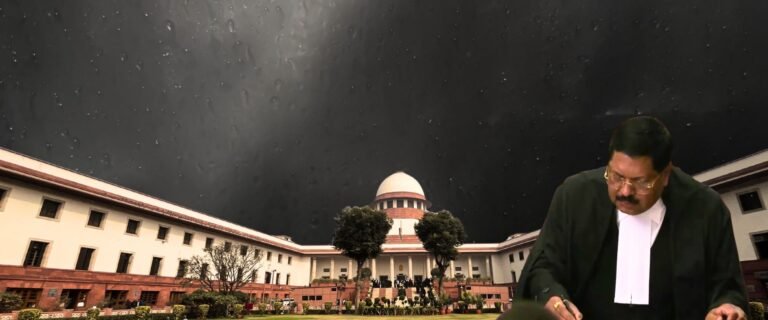
ishtiaq ahmed
A rejoinder to Justice Markandey Katju
By Ishtiaq Ahmed
The tirade launched by Justice Markandey Katju to a video I uploaded on my YouTube channel after a discussion with him on the Pakistani channel Federal post hosted by Dr Hasan Zafar is most unfortunate.
I am listing below the links to both the studio discussion between Justice Katju, Dr Hasan Zafar and me and the solo video I did after our discussion so that the interested public can make up their own mind what has driven Justice Katju to make such a highly denigrating remark about not only me but several Pakistani opinion builders and public intellectuals. In one sweeping statement the learned judge sits in judgement damning a disparate selection of people.
‘So discretion is the better part of valour is the policy of these phoney pretentious Pakistani ‘intellectuals’, strutting around like peacocks trying to impress an adulatory crowd of ignorant gullible fools, whether it is Pervez Hoodbhoy, Raza Rumi, Ishtiaq Ahmed, Akbar Ahmed, Ayesha Jalal, Ayesha Siddiqa, Aitzaz Ahsan, Najam Sethi, etc. They will never speak the above truths, out of fear of losing their heads ( sar tan se juda )’.
Then in an email to me and Dr Hasan Zafar he writes:

So, we two are running away from the truth like a cockroach running from light’. So, Justice Sahib is the light we should submit to instead of running away! To me someone using such expressions is at best an attention seeker who nobody takes seriously in his own country so now he is insulting Pakistanis in the vain hope of being noticed.
However, I would like to submit the following for readers to consider:
- If, now, the reason we do not speak out that the two-nation theory is bogus and Pakistan should merge into India is that we are afraid to have our heads chopped off. Would it serve any purpose if our heads were chopped off by agreeing to his ruling on Pakistan?
- Is it a sound approach to try to convince Pakistanis about his standpoint by insulting them?
We were very respectful to him in the studio discussion and in my video too I sincerely set forth the two points of view: one, that Pakistan should merge with Pakistan forthwith so that India can be the great power it was destined to be but for the creation of Pakistan. Two, what I argued that whether the two-nation theory was flawed and Pakistan a bogus state it would not be possible to convince Pakistanis to adopt Justice Katju’s recipe to wind up Pakistan. We should go through SAARC, built trust, promote trade and exchange of cultural events and if that experience proves successful then the subconinent can become just one state.
As a political scientist who approaches political phenomena in comparative terms I would also like to submit:
- Irrendentism is a dangerous approach on nationalism. Hitler wreaked havoc on the world by claiming that Germans spread over a number of countries had to be united into one state. Upon such a premise he started World War II by attacking Czechoslovakia and then Poland and the world was confronted with unprecedented suffering. Should we risk forced amalgamation with both India and Pakistan are nuclear weapon states?
- States which come into being do not automatically revert to some earlier unity. After World War I, the Ottoman, Austro-Hungarian and German empires were dismembered and no subsequent willingness to return to an earlier political entity has happened voluntarily. More than 30 Arab states were carved out of the Ottoman Empire and none wants to disslove itself into something else.
- India was not united even during the British Empire because of hundreds of princely states which existed as vassals of the empire.
- I have always argued that the two-nation theory has been detrimental to the people of the subcontinent. Pakistan came into being because the British wanted to use it against the Soviet Union and that service it was made to provide during the so-called Afghan jihad (1979-1989).
- The British may have even feared that a united India would be a greater power than the West but I have shown that India was partitioned because they feared that India under Nehru may lean towards the Soviet Union. In my books, Pakistan the Garrison State and Jinnah: His Successes, Failures and Role in History I have provided ample evidence of that.
Finally I would like to say that Justice Katju has latched on to a grand conspiracy theory and even grander is his belief that such a theory will make Pakistan or Bangladesh seek light from him by merging with India. He is prone to delusional notions of his being a man of destiny whom history has assigned a special mission.
By Dr Ishtiaq Ahmed
Professor Emeritus of Political Science, Stockholm University; Honorary Senior Fellow, Institute of South Asian Studies, National University of Singapore. Latest publications, Jinnah: His Successes, Failures and Role in History, New Delhi: Penguin Viking, 2020 won the English Non-Fiction Book Award for 2021 at the Valley of Words Literary Festival, Dehradun, Indian; innah: His Successes, Failures and Role in History, Vanguard Books, Lahore 2021; Pakistan: The Garrison State, Origins, Evolution, Consequences (1947-2011), Karachi: Oxford University Press, 2013; and, The Punjab Bloodied, Partitioned and Cleansed, Karachi: Oxford University Press, 2012- It won the Best Non-Fiction Book Prize at the 2013 Karachi Literature Festival and the 2013 UBL-Jang Groups Best Non-Fiction Book Prize at Lahore and the Best Book on Punjab Award from Punjabi Parchar at the Vaisakhi Mela in Lahore, 2016. I can be reached at: billumian@gmail.com








